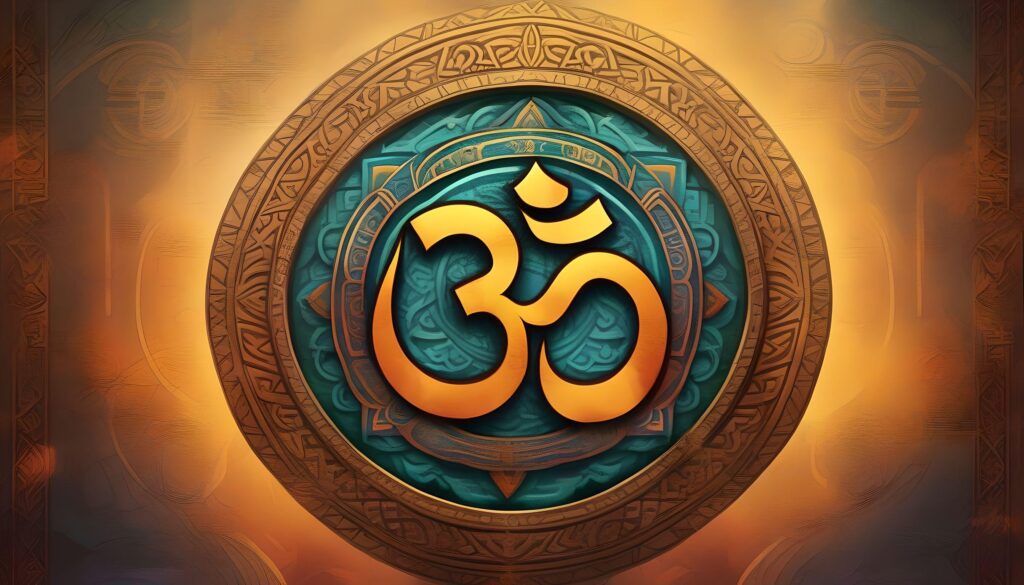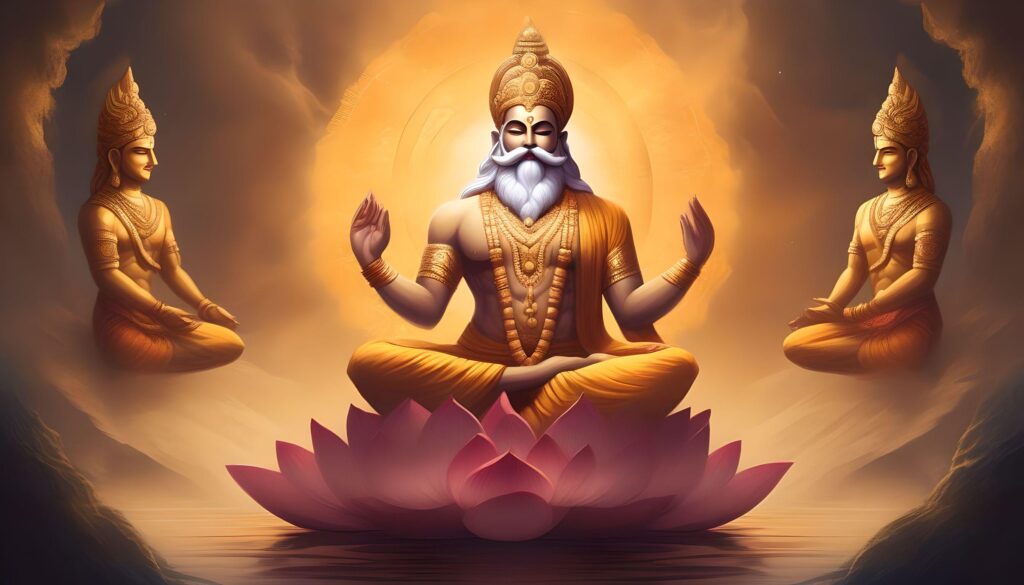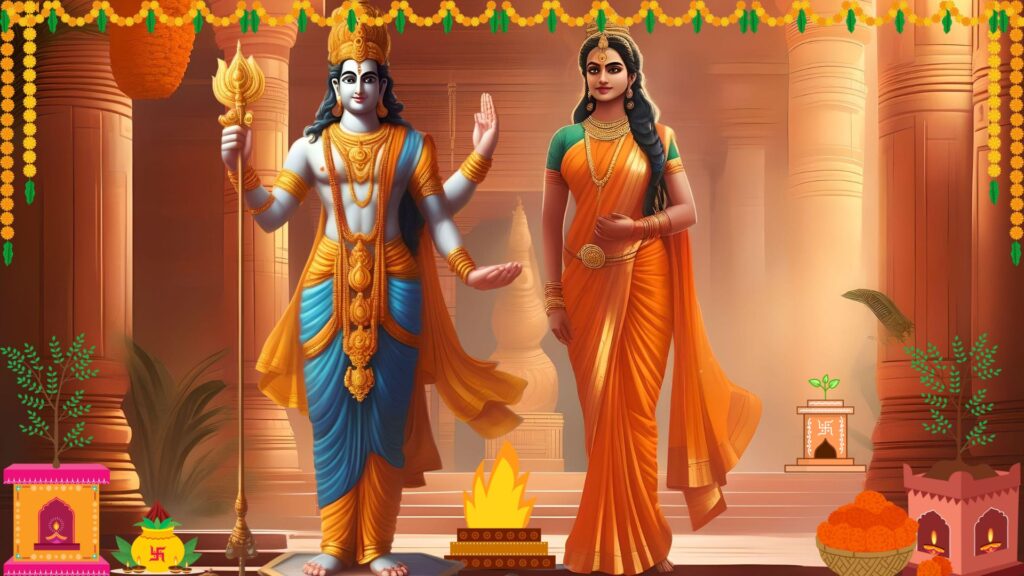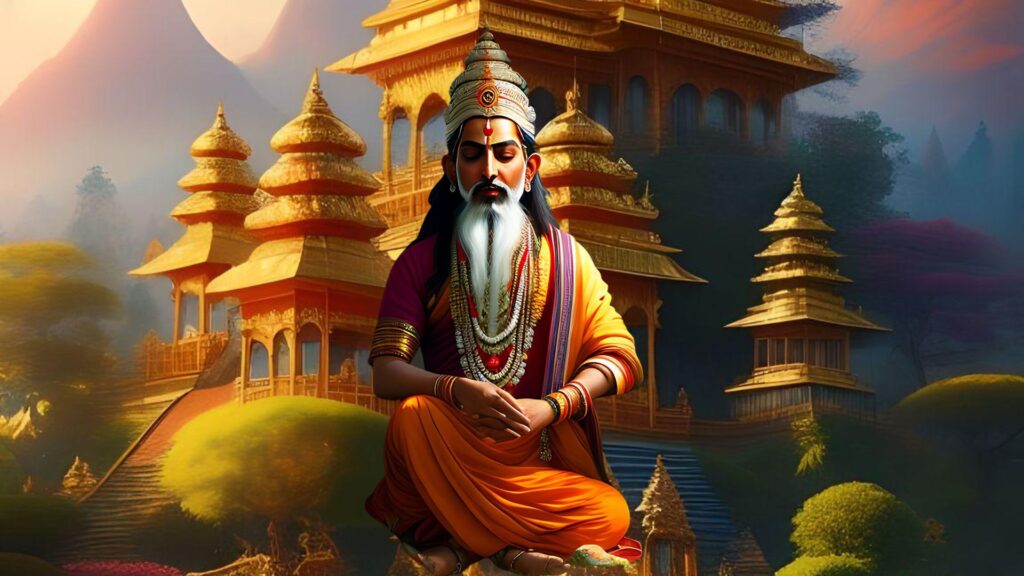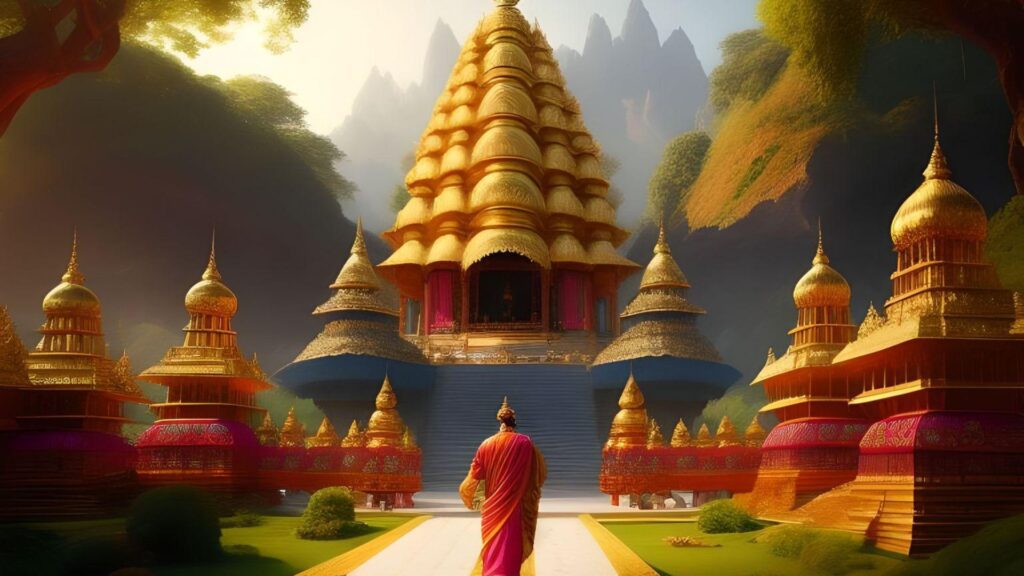Atma: Exploring the Essence of the Soul
Introduction
The notion of the soul, referred to as “Atma” in Hinduism and frequently rendered as “soul” in English, has long captivated spiritual leaders, philosophers, and seekers of the truth. Numerous philosophical and religious systems, including Hinduism and Christianity, rank the comprehension of the soul as fundamental. This article will explore the various facets of the soul, including its classifications, life cycle, and personal significance.
Understanding the Soul
The soul, also known as Atma, is an intricate and profound notion that comprises the fundamental nature of consciousness and existence. It is frequently characterized as the immortal, perpetual, and evolving aspect of an individual that surpasses the corporeal form. It is believed that the soul serves as the locus of wisdom, the origin of awareness, and the propulsion system underlying our cognition, sentiment, and behavior.
The Seat of Knowledge
The psyche, in Hindu philosophy, is considered to be the repository of knowledge. We experience the world around us and gain knowledge by virtue of the soul’s presence. By virtue of its intricate connections to the mind, sense organs, and intellect, the soul enables us to perceive, comprehend, and interpret the world around us.
The soul assumes a passive observer role with regard to the knowledge acquired via the senses, intellect, and psyche. It receives and processes knowledge as opposed to actively producing it. The soul reflects the knowledge obtained through the senses and interpreted by the intellect and mind, in the same way that a mirror reflects an image.
Types of Souls
The spirit is divided into two primary categories in Hinduism: Jivatma and Paramatma. Gaining an understanding of the variances between these two categories of spirits may yield more profound revelations regarding the essence of human beings.
Jivatma: The Individual Soul
The term “jivatma” denotes the unique essence that resides within every living thing. It exists as an autonomously manifested entity within each corporeal form. The Jivatma comprises a multitude of components, such as the intellect and additional modes of operation. It undergoes the repercussions of its deeds, positive and negative alike, via the recurring pattern of life and death.
The Jivatma is subject to the effects of its previous deeds, referred to as karma. The Jivatma, in accordance with the law of karma, is responsible for determining its future experiences and the trajectory it takes towards either liberation or rebirth by means of the fruits it bears. Additionally known as the Phala Bhokta, the Jivatma is the entity that undergoes the outcomes and repercussions of its own actions.
Paramatma: The Greater Soul
Paramatma, conversely, denotes the paramount consciousness that regulates every individual soul and is the greater soul. It is equivalent to the deity Ishwara or God. The Paramatma is omnipresent, eternal, and all-knowing. It serves as the origin from which every individual consciousness emanates and ultimately returns.
The Paramatma transcends temporal and spatial boundaries and exists as the supreme reality. It is frequently likened to the ocean, whereas individual spirits are regarded as rivers that converge once more into the ocean. The Paramatma, which comprises the interdependence and unity of all beings, is the source and endpoint of all existence.
The Life Cycle of the Soul
Samsara is the belief that the soul experiences an endless cycle of rebirth, mortality, and birth. The actions and experiences of the individual soul exert an influence on this cycle, thereby molding its spiritual development and ultimate emancipation from it.
Rebirth and Karma
Reincarnation, or rebirth, is a central tenet of Hinduism. It implies that the soul assumes a new physical form after mortality in order to continue its spiritual development. The particular attributes and conditions of every succeeding existence are dictated by the accumulation of karma in prior lifetimes.
Karma, which is the law of cause and effect, dictates how one’s actions will transpire. Adverse actions generate negative karma, whereas virtuous actions generate positive karma. The conditions and experiences of the next life are determined by the accumulation of karma, which in turn influences the soul’s path to spiritual enlightenment.
Liberation and Moksha
Moksha, or the perfection of being, is the soul’s ultimate objective. Freedom from the cycle of birth, death, and rebirth is the meaning of liberation, which enables the soul to unite with the divine and attain an awareness of its intrinsic essence.
In order to achieve Moksha, one must make an effort to surpass worldly attachments, desires, and ignorance. Self-discipline, self-realization, and the practice of spiritual disciplines such as yoga, meditation, and altruistic service are utilized to accomplish this. One can attain liberation and unite with the Paramatma by recognizing the divine essence within oneself and all beings and distancing oneself from the material world.
The Significance of the Soul in Our Lives
A comprehensive comprehension of the soul and its inherent importance in human existence can yield far-reaching consequences for our spiritual development and general welfare. Acknowledging the inherent presence of the soul can foster heightened levels of self-awareness, determination, and a profound rapport with the divine.
Self-Awareness and Inner Transformation
Recognizing the existence of the soul facilitates the development of introspection and self-awareness. Through comprehending our intrinsic spiritual essence, we may initiate a process of internal metamorphosis in which we endeavor to harmonize our cognitions, sentiments, and behaviors with elevated ideals and principles. By attaining this self-realization, one is capable of surmounting the constraints imposed by the ego and entering a realm characterized by harmony, serenity, and spiritual satisfaction.
Connection with the Divine
The soul functions as an intermediary connecting the personal and the universal. We can foster a sense of unity, compassion, and reverence for the entirety of creation by acknowledging the divine essence that resides within us and all existence. This spiritual bond promotes a more profound realization of our interdependence and motivates us to live lives characterized by devotion, altruism, and development.
Purpose and Meaning in Life
Gaining an awareness of the soul’s existence imbues our existence with intention and significance. This serves as a reminder that our being transcends the confines of the material world and incorporates a more extensive spiritual aspect. This consciousness motivates individuals to pursue deeper understandings, engage in personal development, and make positive contributions to the welfare of others. By harmonizing our behaviors with our spiritual principles, we can imbue our everyday existence with meaning and satisfaction.
Conclusion
The notion of the soul, also known as Atma, constitutes an intricate and profound facet of the human condition. It comprises the repository of wisdom, the various classifications of spirits, and the soul’s life cycle. Gaining an awareness of the soul’s importance enables individuals to initiate a process of introspection, spiritual development, and establishing a rapport with the divine. Through the development of self-awareness, acknowledgment of our interdependence, and adherence to our spiritual principles, it is possible to attain a more profound sense of direction, satisfaction, and tranquility. By embracing the fundamental nature of the soul, one can attain enlightenment, liberation, and ultimately a union with the divine.

